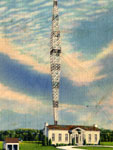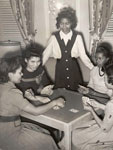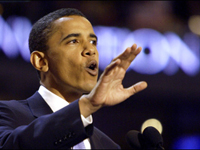The Civil Rights Movement
"This seminar explores how an economically and politically powerless racial minority wrested dramatic change from a determined and entrenched white majority in the American South. It will examine the changing nature of protest from the 1940s to the 1950s; the roles of Martin Luther King, Jr., local movements, and women; and the relative importance of violence and non-violence. Participants will discuss how they can use the experiences of schoolchildren, teachers, and students in the crises of the 1950s and 1960s to bring home the realities of the civil rights movement in the classroom. Topics include the Little Rock 9 and their teachers in 1957, students and sit-ins, and the use of schoolchildren in the 1963 Birmingham demonstrations."


